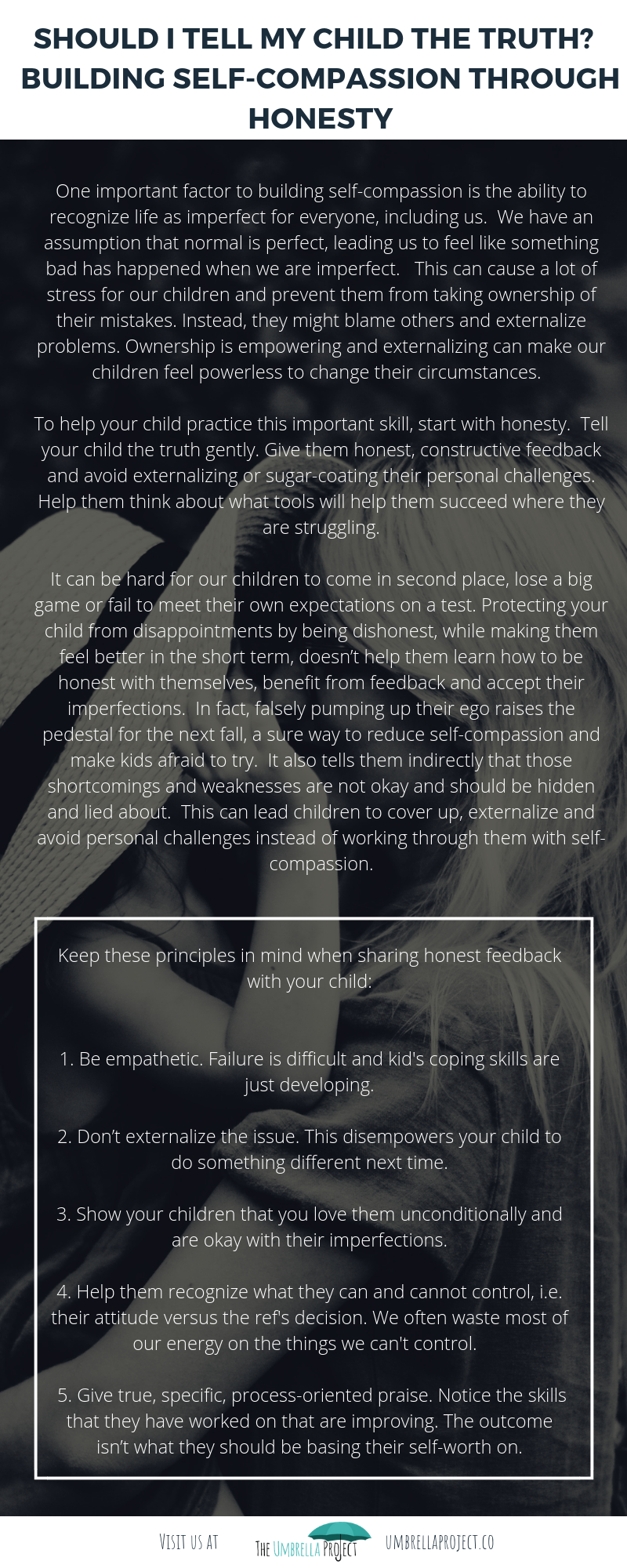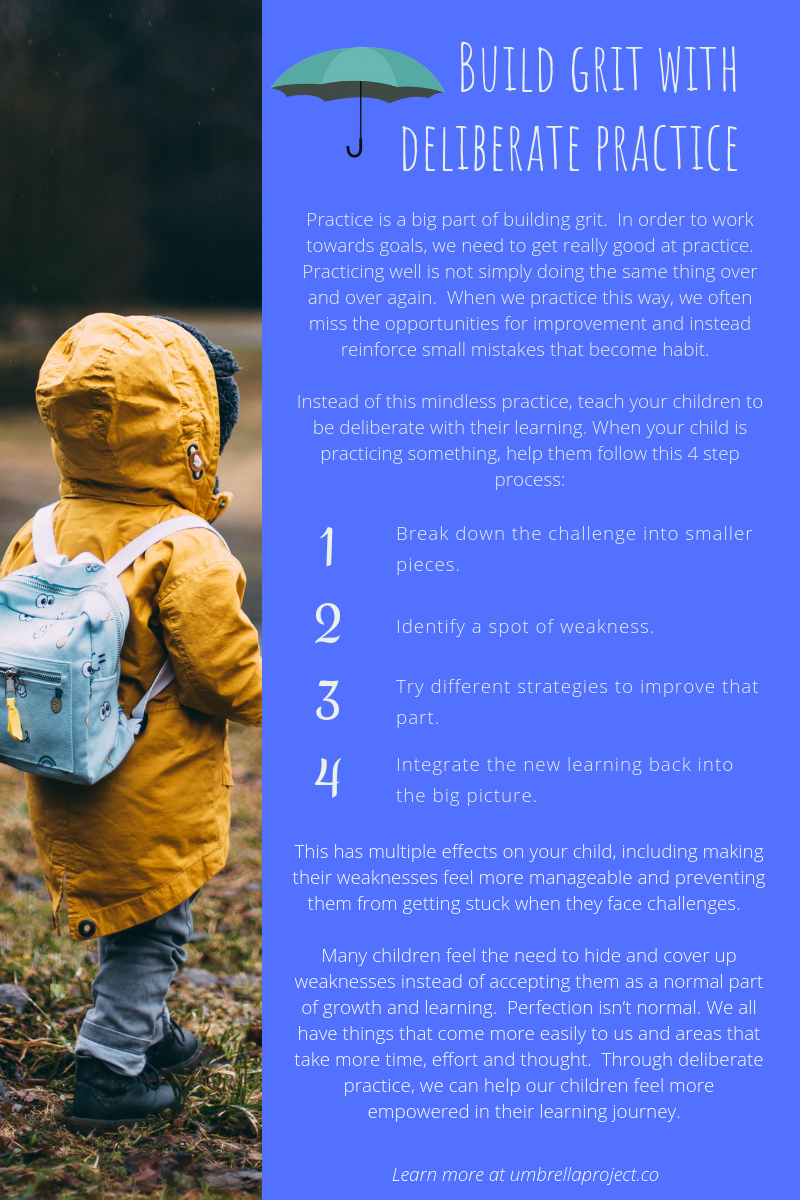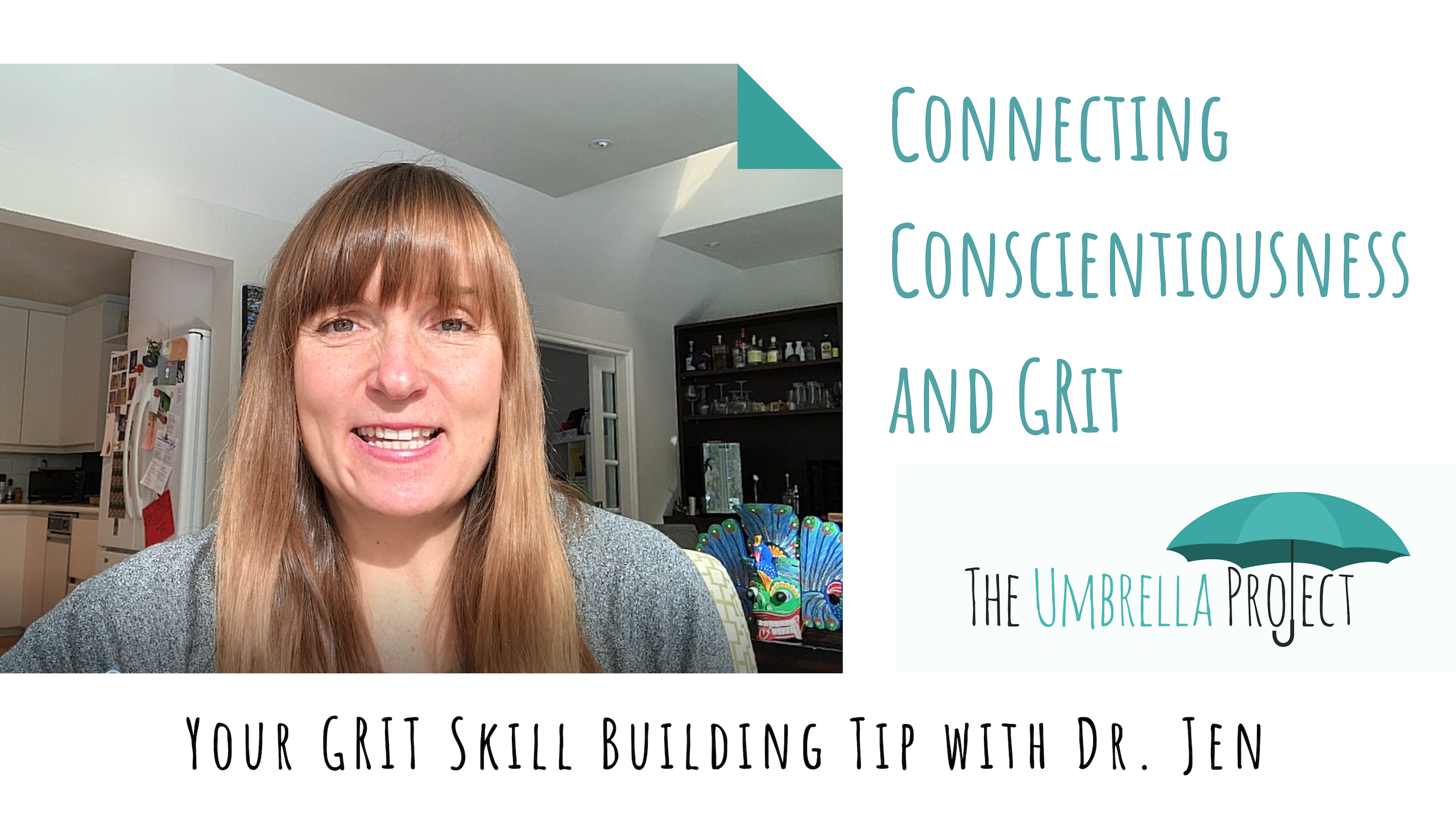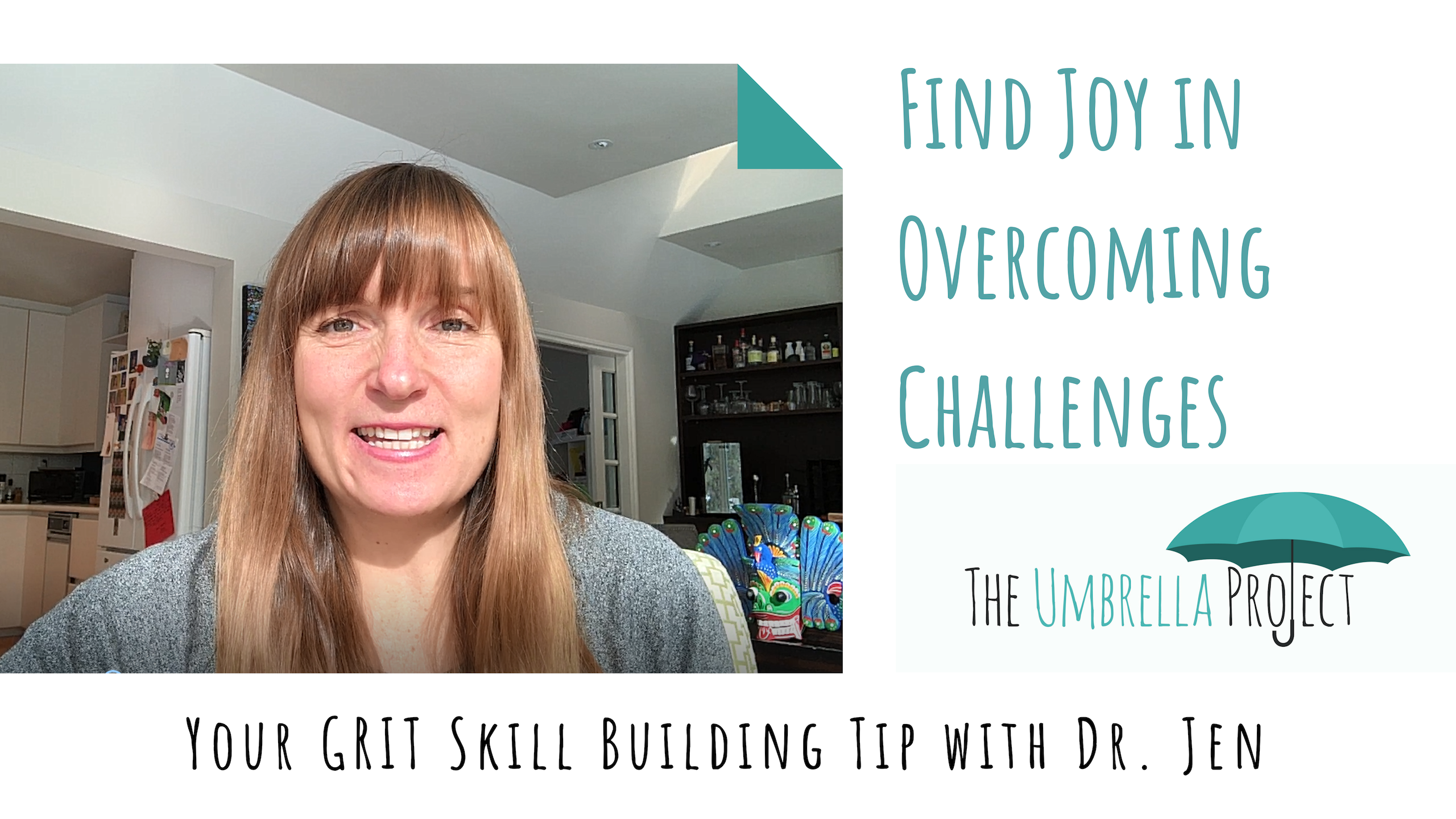
by Jen Forristal | Dec 4, 2018 | Self-Compassion
Download your PDF copy of this infographic by clicking HERE.
One important factor to building self-compassion is the ability to recognize life as imperfect for everyone, including us. We have an assumption that normal is perfect, leading us to feel like something bad has happened when we are imperfect. This can cause a lot of stress for our children and prevent them from taking ownership of their mistakes. Instead, they might blame others and externalize problems. Ownership is empowering and externalizing can make our children feel powerless to change their circumstances.
To help your child practice this important skill, start with honesty. Tell your child the truth gently. Give them honest, constructive feedback and avoid externalizing or sugar-coating their personal challenges. Help them think about what tools will help them succeed where they are struggling.
It can be hard for our children to come in second place, lose a big game or fail to meet their own expectations on a test. Protecting your child from disappointments by being dishonest, while making them feel better in the short term, doesn’t help them learn how to be honest with themselves, benefit from feedback and accept their imperfections. In fact, falsely pumping up their ego raises the pedestal for the next fall, a sure way to reduce self-compassion and make kids afraid to try. It also tells them indirectly that those shortcomings and weaknesses are not okay and should be hidden and lied about. This can lead children to cover up, externalize and avoid personal challenges instead of working through them with self-compassion.
Keep these principles in mind when sharing honest feedback with your child:
1. Be empathetic. Failure is difficult and kid’s coping skills are just developing.
2. Don’t externalize the issue.This disempowers your child to do something different next time.
3. Show your children that you love them unconditionally and are okay with their imperfections.
4. Help them recognize what they can and cannot control, i.e. their attitude versus the ref’s decision. We often waste most of our energy on the things we can’t control.
5. Give true, specific, process-oriented praise. Notice the skills that they have worked on that are improving. The outcome isn’t what they should be basing their self-worth on.

by Jen Forristal | Dec 3, 2018 | Self-Compassion
Thank you so much for being a part of the Umbrella Project and helping us improve wellbeing for everyone!
Each month, we focus on one piece of what makes a powerful umbrella of wellbeing skills. In December, we are adding Self-Compassion to our umbrella of wellbeing.
Do you often catch your child saying harsh things about themselves and their abilities or struggling to take ownership for their mistakes?
You won’t be surprised to hear that 75 percent of people treat others more kindly than they treat themselves. In fact, self-compassion is the umbrella skill that is the weakest piece in most umbrellas (children and adults alike). It’s also the piece that most adults report wishing they had learned earlier in their lives.
What is self-compassion?
Self-compassion is treating yourself like you would a good friend instead of offering harsh judgement to self-motivate. It’s understanding that our struggle and imperfections are a normal part of being a human instead of something bad.
When we are critical and mean to ourselves, it is like having our own personal bully following us around all the time. This critical voice reduces our self-confidence, making it harder for us to succeed. Instead, self-compassion helps us to be kind to ourselves and recognize that struggle is a normal part of life that everyone experiences. It allows us to accept difficult feelings instead of trying to suppress or getting swept away in them.
Self-compassion has so many benefits including improving our body image, our resilience to stigma, our desire to learn and our ability to take responsibility for our mistakes.

by Jen Forristal | Nov 29, 2018 | Grit
Download your PDF copy of today’s infographic by clicking HERE.
Practice is a big part of building grit. In order to work towards goals, we need to get really good at practice. Practicing well is not simply doing the same thing over and over again. When we practice this way, we often miss the opportunities for improvement and instead reinforce small mistakes that become habit.
Instead of this mindless practice, teach your children to be deliberate with their learning. When your child is practicing something, help them follow this 4 step process:
1. Break down the challenge into smaller pieces.
2. Identify a spot of weakness.
3. Try different strategies to improve that part.
4. Integrate the new learning back into the big picture.
This has multiple effects on your child, including making their weaknesses feel more manageable and preventing them from getting stuck when they face challenges.
Many children feel the need to hide and cover up weaknesses instead of accepting them as a normal part of growth and learning. Perfection isn’t normal. We all have things that come more easily to us and areas that take more time, effort and thought. Through deliberate practice, we can help our children feel more empowered in their learning journey.

by Jen Forristal | Nov 23, 2018 | Grit
If we want to work hard day after day towards a long-term goal, we need to be organized and demonstrate care about deadlines, timeliness, and the quality of our work.
These are the same qualities so central to conscientiousness. Learn more with Dr. Jen’s grit skill building tip! Watch it below or on our Facebook Group and Youtube Channel.

by Jen Forristal | Nov 21, 2018 | Grit
Do you look for opportunities for your child to find a sense of joy in overcoming challenging moments?
Today, Dr. Jen shares how this daily practice can help to grow your child’s grit skills. Listen in to learn more!
Watch all of Dr. Jen’s video tips on her Youtube channel – CLICK HERE to access it.





